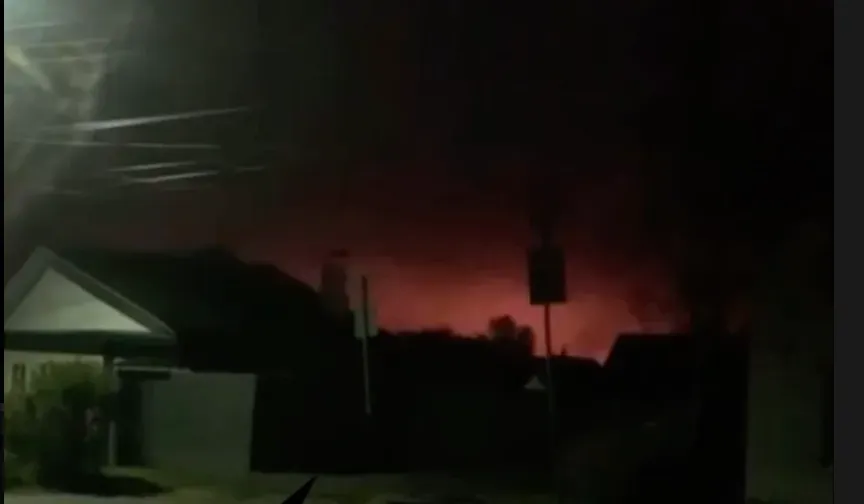More weapons for Ukraine in 2014 could have prevented full-scale war, Stoltenberg says

NATO allies could have done more to arm Ukraine in 2014, potentially averting Russia's full-scale invasion in 2022, former NATO Secretary General Jens Stoltenberg said in an interview with Politico published Oct. 9.
Stoltenberg stepped down as NATO Secretary General on Oct. 1 after serving in the role for 10 years. Former Dutch Prime Minister Mark Rutte now leads the alliance.
At the end of his term, Stoltenberg cited the insufficient response to Russian aggression in 2014 as his major regret.
"I continue to believe that if we had armed Ukraine more after 2014, we might have prevented Russia from invading — at least we would have increased the threshold for a full-scale invasion," he told Politico.
Stoltenberg pointed out that Russia's war in Ukraine did not begin with the 2022 invasion but with Russia's illegal annexation of Crimea and the Donbas war in 2014.
"I worked hard to try to convince NATO allies to do more, to provide more military support, more training," Stoltenberg said.
"Some allies did, but it was relatively limited, and that was very difficult for many years because the policy in NATO was that NATO should not provide lethal support to Ukraine."
A greater willingness and more coordinated effort from member nations to send military aid to Kyiv may have deterred Russia, Stoltenberg speculated
"If we had delivered a fraction of the weapons we have delivered after 2022, we may have actually prevented the war," he said.
Stoltenberg said there were "some parallels" to NATO's past red lines and the current restrictions some member states have placed on which weapons they will send Ukraine and how Ukraine can use them.
The debate over the use of Western long-range missiles to strike military targets in Russia reflects contemporary divisions among NATO allies as to how best to support Ukraine's defense.
"According to international law, Ukraine has the right to self-defense, and the right to self-defense includes the right to strike legitimate military targets on the territory of the aggressor, Russia," Stoltenberg said.
"I welcome that some allies have no restrictions, except it has to be within the limits of international law. And others have actually loosened their restrictions on the use of weapons."











